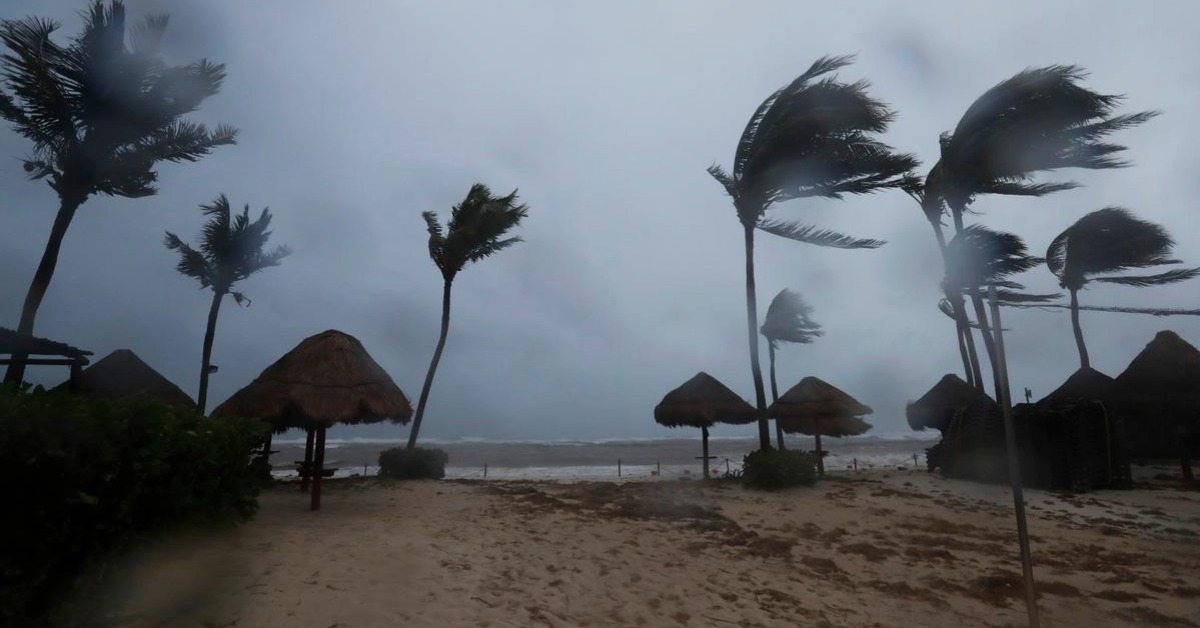The Ashley Madison hack is a big reminder to all Web users: If you submit private data online, chances are it will never fully be deleted.
The hackers, who stole the data about a month ago and then posted it online this week, claimed in a statement that part of the reason for the theft was Ashley Madison's fraudulent promise to fully delete users' information if they paid the company a $19 fee.
The website - whose slogan is "Life is short. Have . . .





